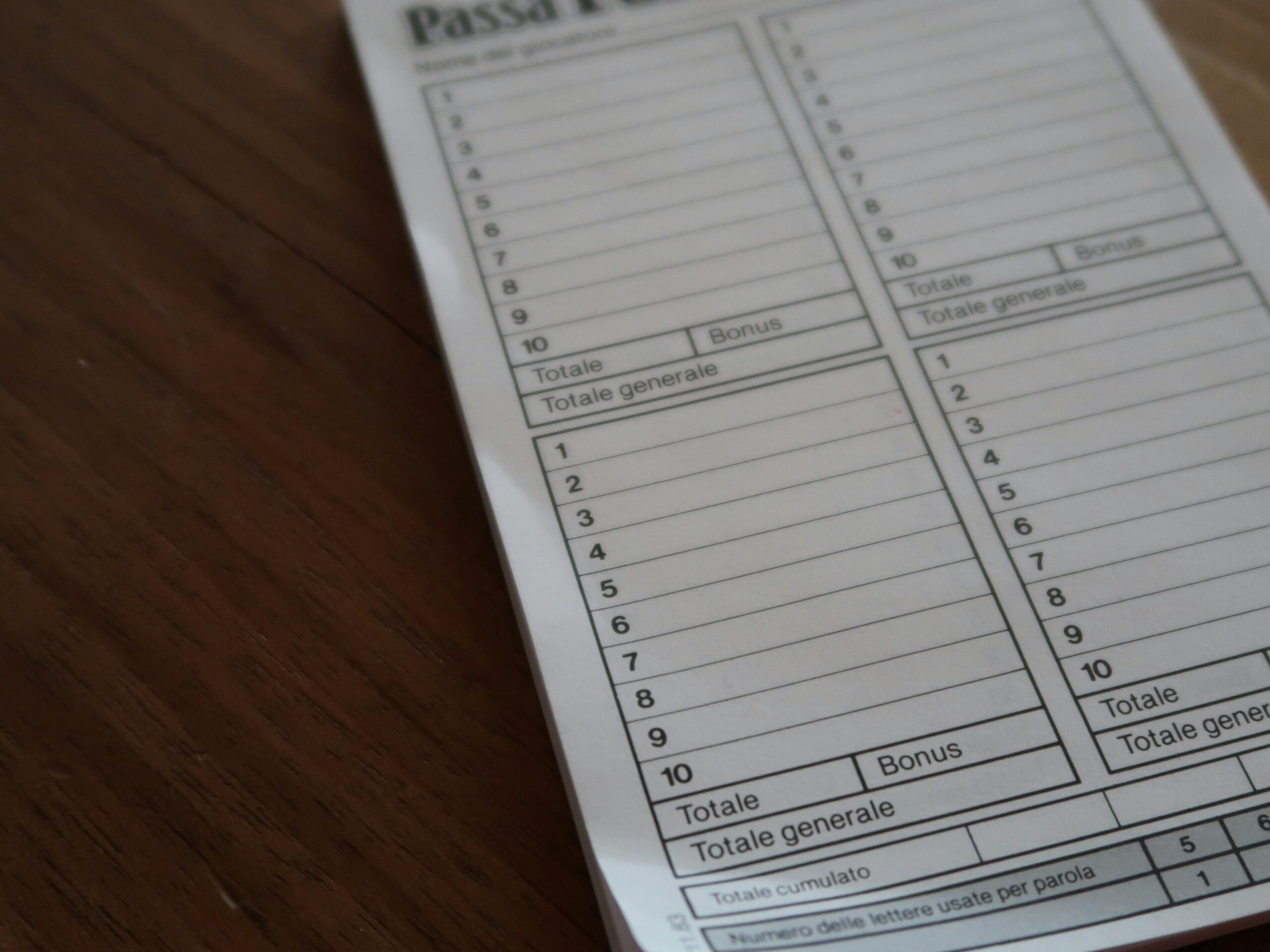Ever wondered why your political risk insurance claim got denied? Or why the fine print feels like it’s written in a secret code only lawyers can decode? Yeah, us too. The truth is, policyholder obligations are often overlooked—and they’re one of the biggest reasons claims go south.
In this post, we’ll break down everything you need to know about Policyholder Obligations when it comes to political risk insurance. You’ll learn what these obligations are, how to stay compliant, and some brutally honest tips on avoiding common pitfalls (hint: ignoring deadlines is not “chef’s kiss”).
Table of Contents
- What Are Policyholder Obligations?
- Step-by-Step Guide to Staying Compliant
- Best Practices for Managing Your Insurance
- Real-World Examples and Case Studies
- FAQs About Policyholder Obligations
Key Takeaways
- Policyholder obligations are non-negotiable requirements you must fulfill to keep your coverage valid.
- Ignoring compliance deadlines or underreporting incidents can lead to denied claims.
- Effective management involves understanding the policy terms, timely reporting, and thorough documentation.
What Are Policyholder Obligations?

Let me tell you a story that might sound painfully familiar if you’ve ever dealt with insurance policies. A friend—I’ll call him Dave—once neglected to file a required incident report within the 72-hour window stipulated in his political risk insurance policy. Fast forward six months, and guess what? His $500k claim was DENIED because he missed this seemingly minor detail. Ouch.
So, what exactly are policyholder obligations? These are specific actions or responsibilities outlined in your insurance contract that YOU, as the insured party, must adhere to. For political risk insurance, these may include:
- Timely reporting of events.
- Maintaining accurate records.
- Adhering to laws and regulations in affected regions.
- Cooperating during investigations.
Think of them as the golden rules of keeping your safety net intact.
“Optimist You:” “It’s just paperwork!”
Grumpy Me: “Ugh, yeah… but screw it up, and it’s BYE-bye payout.”
Step-by-Step Guide to Staying Compliant

Step 1: Read Your Policy Thoroughly
No skipping over the boring parts here! Treat your policy like an instruction manual for surviving a zombie apocalypse. Miss a step, and things could get ugly fast.
Step 2: Set Up Alerts for Deadlines
Use calendar apps or project management tools to remind you of critical dates, like filing reports or submitting renewal documents. Remember Dave? Don’t be Dave.
Step 3: Maintain Meticulous Documentation
This includes receipts, contracts, correspondence, and anything else relevant. Sounds tedious? It’s less annoying than losing out on a major claim.
Step 4: Stay Updated on Geopolitical Changes
Political risk insurance isn’t static—it evolves with global events. Subscribe to reliable news sources or newsletters focused on international affairs.
Best Practices for Managing Your Insurance

Here’s a quick list of dos and don’ts:
- Do: Keep digital backups of all your documentation.
- Don’t: Assume “it won’t happen to me.” Be proactive.
- Do: Establish clear communication channels with your insurer.
- TERRIBLE TIP DON’T DO THIS: Rely solely on verbal agreements. Get EVERYTHING in writing. Trust me; memory plays tricks.
Real-World Examples and Case Studies
Take Company X, for instance. They followed every single obligation to a T and successfully claimed $2 million after civil unrest disrupted their operations abroad. On the flip side, there’s Company Y, who ignored a minor disclosure clause—and their entire claim went kaput.
Lesson learned? Sweat the small stuff—it matters.
FAQs About Policyholder Obligations
Q: Can I change my obligations later?
Absolutely not without explicit consent from your insurer. Always renegotiate formally.
Q: What happens if I miss a deadline?
Your claim may be denied outright. Don’t test the waters unless you’re feeling lucky.
Q: Who helps interpret complex clauses?
Hire a legal advisor specializing in insurance policies. Worth every penny.
Conclusion
We’ve covered a LOT today about Policyholder Obligations, from decoding their importance to mastering strategies for staying compliant. Like a Tamagotchi, your insurance needs constant attention—if you slack off, it dies.
Final Haiku:
Read fine print twice through,
Stay sharp, meet all deadlines tight,
Claims thrive—peace of mind.


